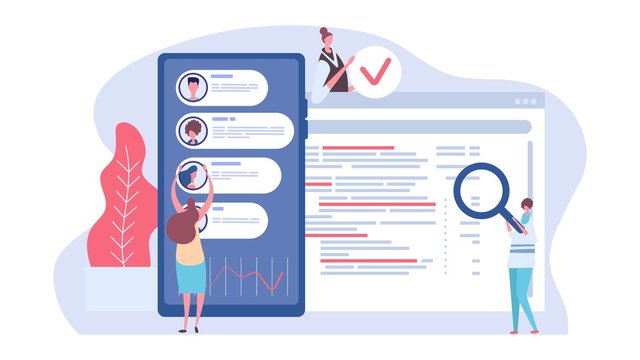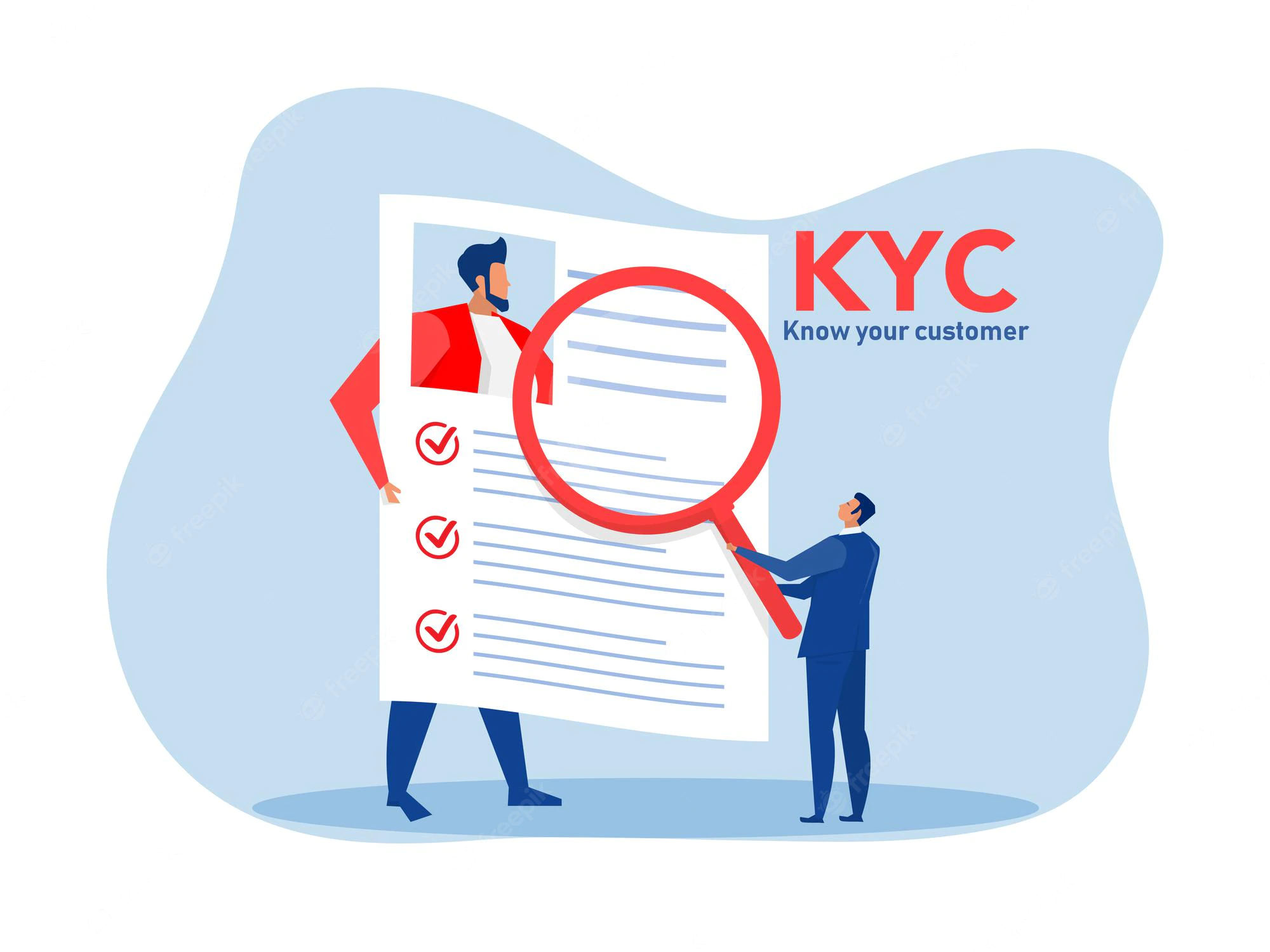
KYC Documents
For this, regulatory guidelines and applicable laws require us to adopt several precautionary measures, including the Know-Your-Customer (‘KYC’) and merchant due diligence procedures. We thus carry out a range of checks for merchants, which start prior to onboarding and continue until the end of your relationship with us.
A client may be an individual or a legal entity. The aim is to establish the client’s identity, address and legitimacy via a verification of its key documents. In combination with due diligence and other mandated checks, these allow us to say identify potential fraudsters, shell companies, detect money laundering, etc. Often non regulated entities, like an online marketplace for example, need to also perform a full or partial KYC as a precaution. These allow us to take a step towards securing not only ourselves, but also the end-customers and the financial system as a whole.
As PAs we can service a range of businesses, from e-commerce marketplaces, financial services like lending/wealth management/ credit management/payments/insurance, etc., edtech, health tech, digital entertainment and streaming services like video/music/gaming, subscriptions like for SaaS companies, hospitality/ transportation services like taxi aggregators/hotel booking aggregators/vehicle rentals, etc. The checks we undertake thus vary from business to business, particularly based on the merchant’s legal form and line of business.
Individual KYC
When you are a merchant who is an individual (eg.: a sole proprietor), we carry out a ‘KYC’ process, or CDD for an individual. Broadly, we verify your identity via an ‘Officially Valid Document’ or OVD check (identity documents like Aadhaar, passport, driving license, etc.), individual PAN verification, and if necessary, current address proof check (utility bills, etc.). We can also ask for more documents to verify your financial/business status, say asking for your business registration documents.


Business KYC
When you are a business partner we are onboarding, we carry out a Business KYC process, or CDD for a business. Here we replace the OVD check with an ‘entity-proof’ check. This again differs based on what type of entity you are legally. For example, if you are a company, we need to verify your certificate of incorporation, memorandum and articles of association, etc. If you are a trust/partnership on the other hand, we will need your trust/partnership deed, registration certificates, etc. Once we’ve verified your licensing/registration, we need to ascertain that the officer/employee transacting with us on your behalf has the authority from you to do so. For this we need your relevant Board resolutions, power of attorney, etc. Next we need your Business PAN, and address proof (GST) if your licensing/registration documents don’t reflect your current address. We also need to conduct ‘beneficial owner’ checksi.e., we need to verify who has actual ownership/control, like the directors, shareholders, etc., and carry out the ‘KYC’ process separately for them. We also verify numerous other documents for due diligence processes (discussed below).
Platform KYC
Lastly, depending on your line of business, you may yourself have on-boarded end-merchants. In turn, you may be needed to carry out a KYC or verification process for them as well, whether under regulations that apply to you or as an additional diligence measure. A supplementary check you can carry out here is bank account verification, as a tool to help you ascertain the validity of the bank accounts of the end-merchants you on-board.

